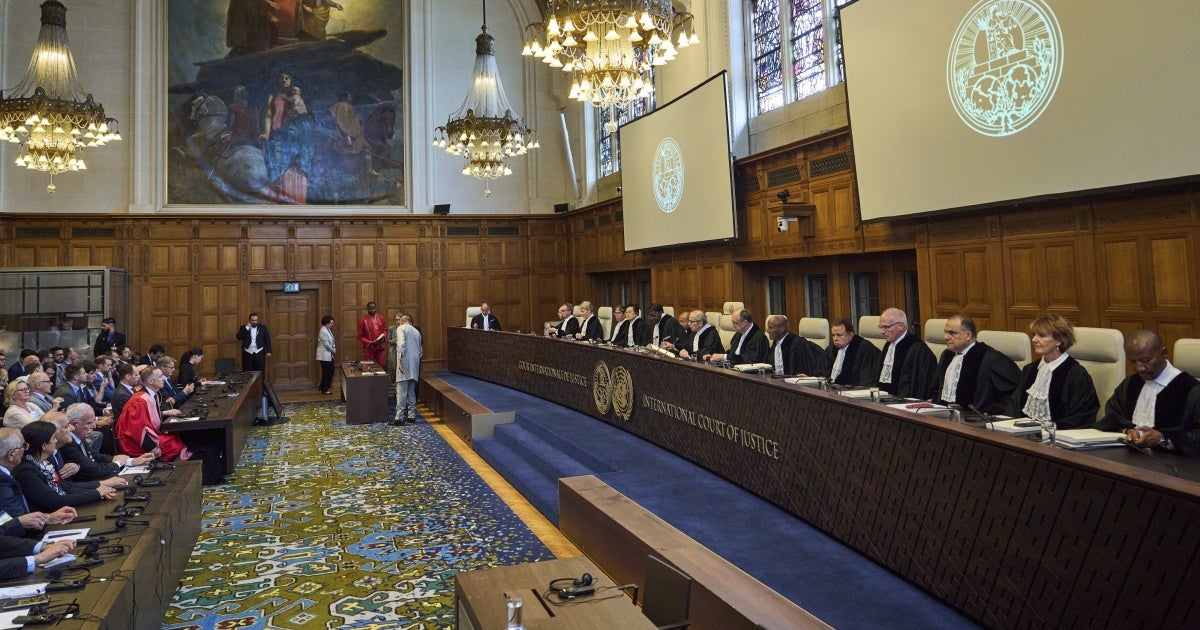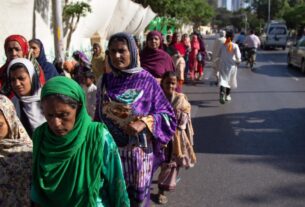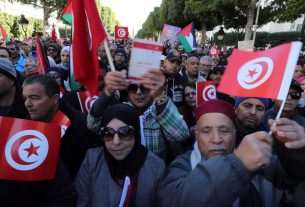The International Court of Justice’s (ICJ) July advisory opinion on the legal consequences of Israel’s policies and practices in the Occupied Palestinian Territory is a landmark ruling. The ICJ’s findings are legally and morally persuasive, and set out obligations on all states, and on the United Nations itself. Two of its important conclusions are with respect to apartheid and reparations.
The court found Israel’s measures in the West Bank that impose and maintain separation between Palestinians and Israeli settlers are a breach of Article 3 of the UN treaty prohibiting racial discrimination. Article 3 obligates governments to prevent, prohibit, and eradicate all racial segregation and apartheid.
Though the court’s language is a compromise, limited to separation, the finding means that Israel is responsible for apartheid. Several judges, including Judge Nawaf Salam, the court’s president, and Judge Dire Tladi, a South African, made this clear in their separate declarations. Two of the ICJ’s 15 judges disagreed and said the court should not find apartheid. One of these, Judge Georg Nolte, asserted a standard of intent for apartheid that would be nearly impossible to prove, and said the court should not find racial segregation either.
The court’s opinion does not address criminal law, only apartheid as a human rights violation. But Salam’s separate opinion sets out the definition of apartheid as a crime and discusses how many jurists and organizations, including Human Rights Watch, have found Israel responsible for this crime against humanity.
Salam’s discussion of the crime should be studied by relevant criminal justice authorities, including the International Criminal Court (ICC) prosecutor, as it outlines the legal framework needed to investigate the crime of apartheid. The ICJ’s finding on apartheid should also help focus discussions about apartheid against Palestinians on the legal definition of apartheid, not limiting it to the historical case of South Africa.
Another key finding was the court’s short and clear statement on reparations. Israel, the court found, should return land and other property seized since the occupation began in 1967. It should also evacuate all settlers, allow all Palestinians displaced during the occupation to return to their original place of residence, and compensate everyone who suffered material damage as a result of Israel’s unlawful acts during the occupation. States and the UN should urgently take up this call, including considering, as Tladi suggested, and the UN General Assembly has now called for, an international mechanism for reparation.



